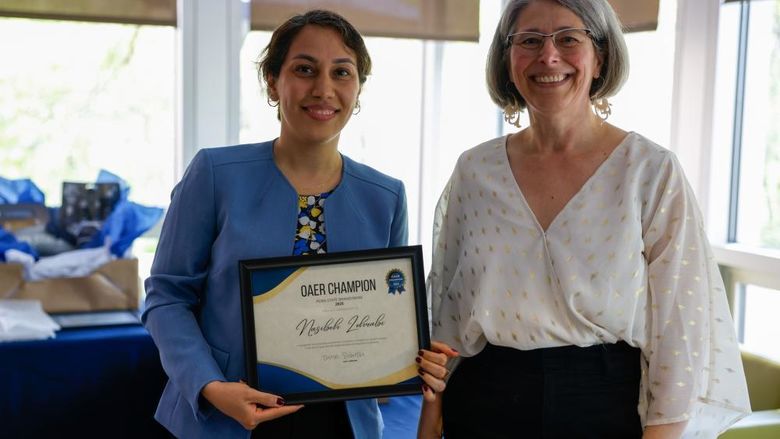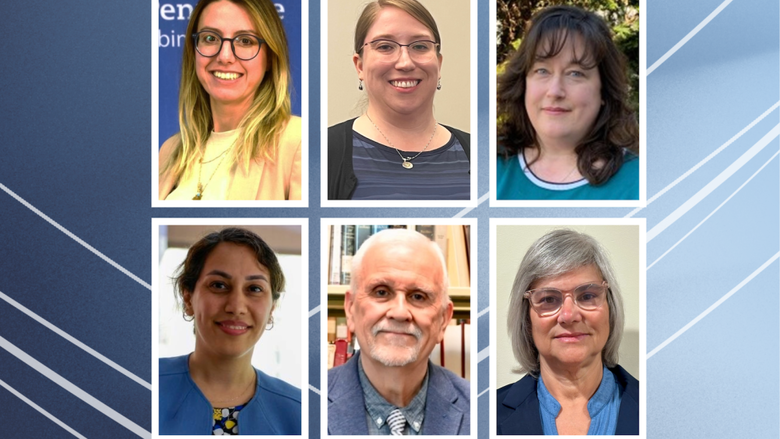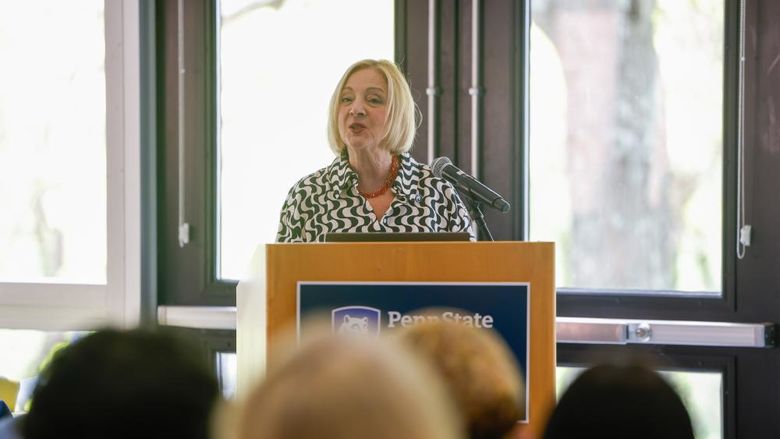
Nasibeh Zohrabi
MEDIA, Pa. — Nasibeh Zohrabi, assistant professor of engineering at Penn State Brandywine, was one of five faculty at Penn State who received a $1,000 prize in the University’s first-ever “Cheat-a-thon.” Held from March 3 through April 6, the “Cheat-a-thon” was a virtual competition sponsored by the Center for Socially Responsible Artificial Intelligence that invited faculty and students at universities across the country to test capabilities and limitations of answering college-level questions using generative artificial intelligence (AI).
“I thought it was a fun and smart idea to enter into the Cheat-a-thon competition because AI is a big topic in education right now, and I’ve seen my students use generative AI tools like ChatGPT in their daily lives,” Zohrabi said.
In the first stage of the competition, faculty submitted questions from their exams or assignments that they thought would be difficult for students to answer using AI tools. A total of 37 faculty from 10 institutions submitted 66 questions across 18 disciplines.
In the second stage of the competition, 33 college students submitted 451 answers — created exclusively with AI tools and without the help of other online sources — to the faculty-submitted questions. All questions received at least one answer.
“In engineering, you have to understand systems, timing and trade-offs, but AI isn’t advanced enough to solve for those components yet,” Zohrabi said. “I knew the questions I came up with would be tough for AI, but it was interesting to see just how limited the responses were.”
As an educator, Zohrabi said that faculty should teach students how to use AI properly.
“The rise of AI made me think more about how I write my assignments. Now, I focus more on open-ended or multi-step problems where students have to show their thought processes. This method shows whether or not they really understand the topic,” she said. “As an educator, we should teach students that if they want to use AI, they should know how to use it appropriately and accurately.”





